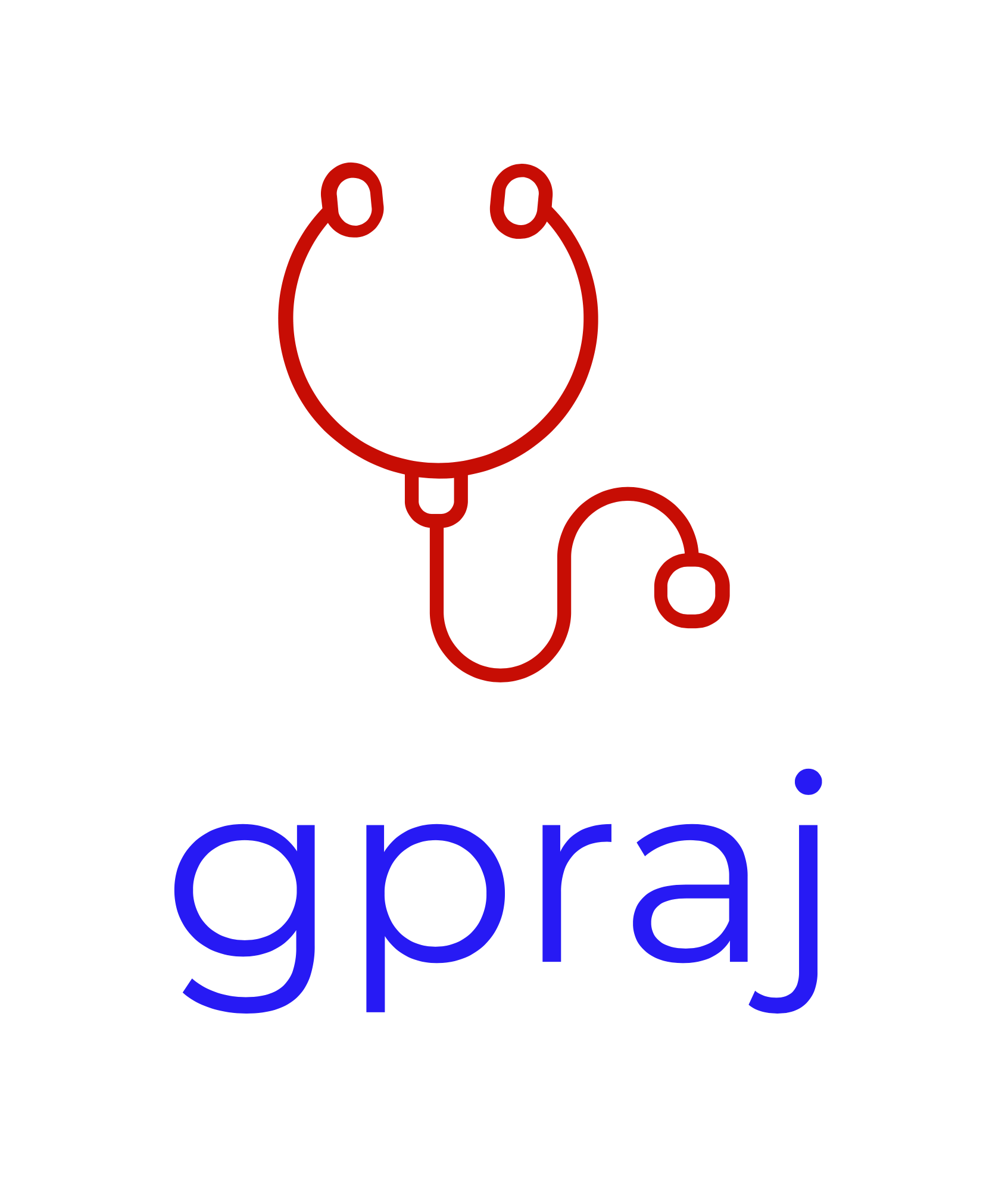Complete routine immunisation schedule
The complete routine immunisation schedule from Jan 2020
Premature neonates should be immunised according to the vaccination schedule by their chronological age, regardless of how premature they are.
The first vaccine should thus be given eight weeks after birth and continue in line with the schedule based on their birth date, not on corrected gestation.
Influenza is an acute viral infection of the respiratory tract.
There are three types of influenza virus: A, B and C. Influenza A and influenza B are responsible for most clinical illness.
Influenza is highly infectious with a usual incubation period of one to three days.
Influenza vaccine should be offered, ideally before influenza viruses start to circulate, to:
all age ≥ 65y
all age>6m in clinical risk groups: chronic respiratory disease (e.g. asthma, COPD, CF, fibrosis), chronic heart disease, chronic kidney disease, chronic liver disease, chronic neurological disease (e.g. stroke, TIA), diabetes, immunosuppression, asplenia, pregnant women, morbidly obesity (BMI ≥40 kg/m2)
children not in clinical risk groups that are eligible for vaccination as part of the ongoing phased roll out of the extension of the programme to all children aged two to less than seventeen years old (give LAIV)
Selective immunisation programmes
At risk babies are given Bacille Calmette–Guérin (BCG) vaccine and/or Hepatitis B vaccine AT BIRTH



